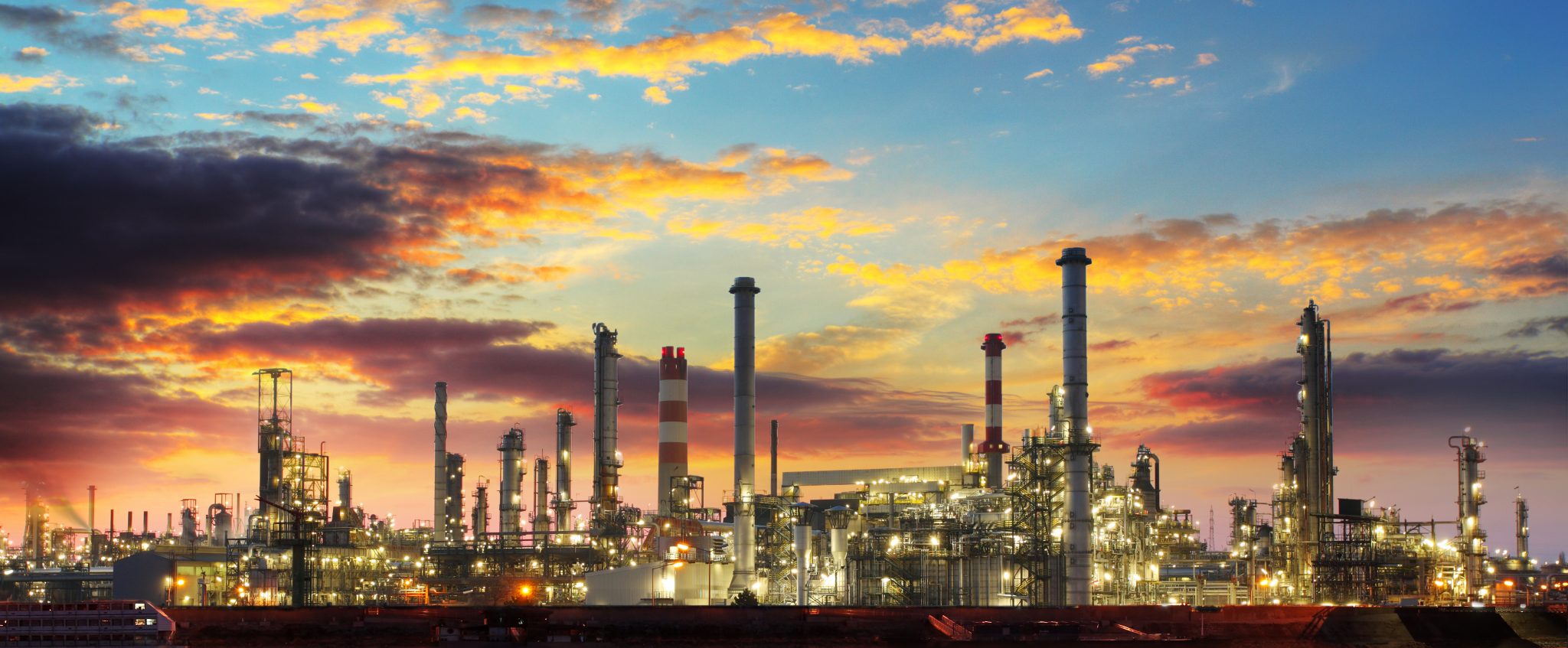
Big Oil Gives a Reminder of the Market’s Weak Foundations
Crude may be back near $80 a barrel, but major oil companies have just given a reminder of how October’s rally is built on shaky foundations.
Shell Plc and BP Plc published third-quarter trading updates this week, and both commented on the weakness of a key part of their businesses: refining.
On Monday, Shell said the margin earned for processing crude sank by 29% in the period. Its chemicals division — also a bellwether for the strength of the wider economy — expects to report a “marginal loss.” Strong gas production was one of a few bright spots.
BP followed on Friday with another warning flag: an increase in its net debt. This core metric has fallen in recent years — from $40 billion in 2020 to about $23 billion at the end of the second quarter — as high energy prices boosted profits.
Now, feeble refining income has halted the downward trend, while a change in the timing of asset-sale payments was also a factor.
These aren’t just issues for the European majors. On Oct. 3, Exxon Mobil Corp. said lower crude prices and poor refining margins would reduce earnings by $1.6 billion quarter-on-quarter.
Profits from processing are closely tied to demand for road fuels, so the decline indicates broad weakness in the global economy — notably in China, but also in the US and Europe.
True, much has changed since the end of the third quarter. Beijing has taken steps to stimulate a faltering economy, though market movements suggest investors remain unconvinced about the scale of the assistance.
On the supply side, jitters about the risk of a wider conflict in the Middle East have pushed oil prices up about 10%.
Either of those drivers could send crude — and the majors’ profits — higher in the fourth quarter.
But if Iran and Israel step back from the brink of all-out war, this week’s company reports show there’s little else around to support the market.
Attempts to protect the world’s rainforests are badly off track — and in the public mind, electric vehicles are increasingly to blame. Felling of tropical woodlands resulted in greenhouse pollution equivalent to 3.7 billion metric tons of carbon dioxide last year, the Forest Declaration Assessment said this week. Indonesia was the biggest culprit, and many people assume it’s largely about the nickel used in EV power packs. Yet the far bigger threat to the nation’s forests is palm oil, writes Bloomberg Opinion’s David Fickling.
By: Bloomberg James Herron, / 11 October 2024.
